There is one person I trust implicitly. Perhaps more than anyone else in this world. I have confided in him with my innermost thoughts, my secrets, my fears, even my fantasies. He has been my best friend for most of my life. He has seen me at my best and most successful and my worst and most pitiful. Over the years we have grieved together, we have shed tears.
However, I have not always trusted him. There have been times in my life where I have taken his advice and it has been the wrong decision. There have been times where I have even hated him. There have also been times where he has completely fallen apart, and I have had to be there to help put him back together. We have been through a lot together, more than I can put into words, and that is why our relationship has lasted so long.
For better or worse, I know he will be with me for the rest of my life. Even to the threshold of death, there is no doubt we will still engage in rigorous debate about things that only matter to us. And, as the light slowly fades to black his words will be the last I hear. And mine the last he hears.
BEing and meaning or the meaning of BEing
I would argue that although everyone is introspective to some degree, few do it to the extent of “knowing thyself” in such a way that it drastically alters their life. Being introspective is the most unique ability we possess as human beings because it’s the primary mental activity that separates us from other animals. It’s also one of the most important activities we as humans can participate in because self-evaluation can make us better people.
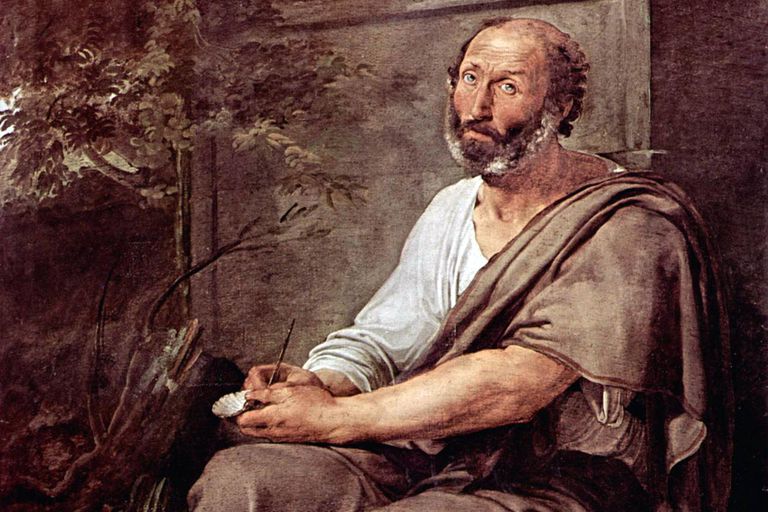
There are various reasons why people lack depth in introspection. A major reason is that oftentimes contemplation of one’s own existence can easily lead to dread because when we turn inward we have no choice but to cast a light upon the darkness that is contained within. I also think introspection upon our own existence brings to mind the eventual reality of our non-existence.
I remember my first real encounter with introspection. I was 10-years-old and while in the shower (which even today serves as a place for solitary thought), I asked a few simple, yet profound questions, “What am I?” “How do I exist?” “Why do I exist?” These questions both intrigued and frightened me. For the first time, I really considered important questions, but with a mental capacity not yet mature enough to handle such topics.
As I continued this philosophical journey in the years to come I wondered how many of my peers thought about similar things. It wasn’t until turning to religion that I encountered these questions outside of myself. As a teen, I devoured the Bible and its philosophical quandaries. Constant meditation upon scripture meant constant reflection upon my existence and purpose; upon my life and death.
I began to reason that there is more to this life than simply existing – there had to be. To be creatures capable of understanding the complexities of our existence and how unique we stand in relation to all else gives us a unique place here on earth – and the larger cosmos. As humans we have wants and desires; we make plans to accomplish our dreams; we experience love and grief; we have the ability to do the impossible. This not only makes us pretty incredible, but there must be some purpose for it.
Throughout the years, I have learned that if there is not some Being (some other Self) greater than my self, then there is no hope – our existence would be inconsequential to the larger activity around us. If there is no hope, then there is no “me” because, without the expectation of hope, there is no meaning to life. If there is no meaning, then there is no reason to ever pursue knowledge, to have any experience, to have any children or family, to ever consider any evaluative measure between me and some other thing.
If there is no meaning to life, then there is no value to living. For what good is knowledge, if it doesn’t have a larger purpose? What good is an experience if it doesn’t change the individual? What good is being a “good” human being if there is no greater purpose than to exist in a state of relative comfort until the moment of non-existence? Why do people sacrifice their life for others? What would be the point of prolonging another person’s life at the expense of making yours shorter if you did not think there was some meaning or purpose behind it? If there is no purpose or meaning to our being, then there is no meaning to anything.
However, is not the ability to ask the question in and of itself proof of something? If there is no meaning or purpose, then why do we seek it out? Some have said, humans do this to justify their own existence. But why? Why do we find the need to continue living with meaning – no other animal finds the need to do this, but yet we do? Even if our brains are more evolved, that still provides no explanation as to why the ability to “know thyself” is a higher state of existence. Giving an explanation of how something occurs is different from explaining why it occurs.
If there is a purpose to our existence and we are to maintain that existence, then we ought to consider doing so in the most spectacular form. There are too many people who simply exist until one day, they are confronted with the inevitability of their non-existence. Their life, 70-80 years if one is lucky, is a drop in the bucket when measured against the scale of time. What once felt like a lifetime is about to be gone.
To me, this means that if we are going to live, if we are going to occupy this earth, then we are to do so with purpose and meaning. We must not fail in making use of every day, every hour, every minute. To one day lay upon our death bed counting the minutes away and having regrets about the years before us is a waste of one’s existence.
Believe it or not the idea of “being” is more than just a philosophical issue; it’s very much a social issue. Although opportunity exists in different ways, it does not exist for every person. What does exist is the truth that we are all equal as human beings. Being human does not discriminate; if you exist, then you do so equally with all other humans. And, since meaning and purpose are rooted in what it means to be human, then it is also true that there is meaning and purpose for every person.
Imagine if everyone took their existence seriously; that every person understood the great importance of them being-in-the-world. Imagine if we took seriously the beautiful light that emanates within every person. What if we understood that every individual has equal potential towards contributing to the betterment of our world? Imagine the progress of humanity! Consider for a moment that the greatest people in history could have been overshadowed by other even greater people if given the opportunity. Being-in-the-world does not imply complacency, but it does necessitate purpose. It requires action. But this action cannot exist in a vacuum; it must be given the opportunity to become something realized in the world. It must be allowed to be.
Coming soon part 2
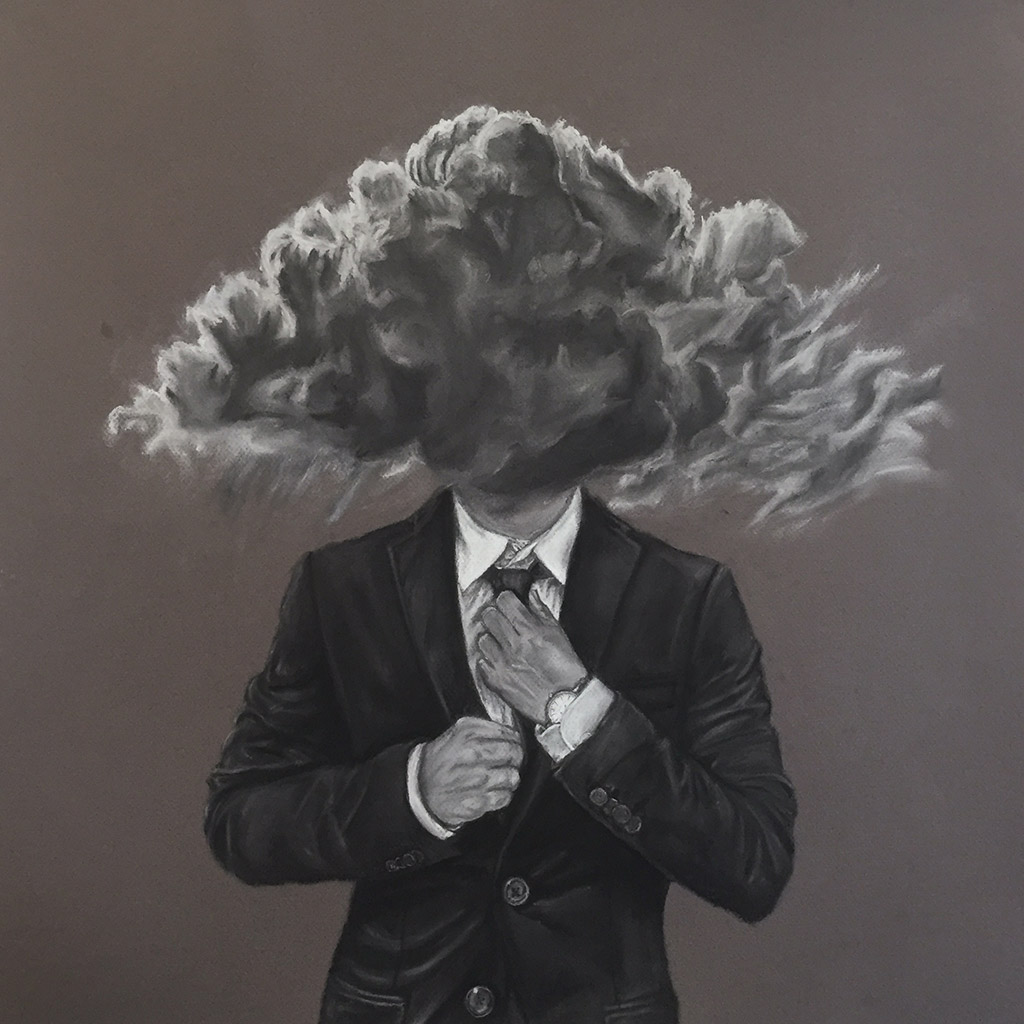




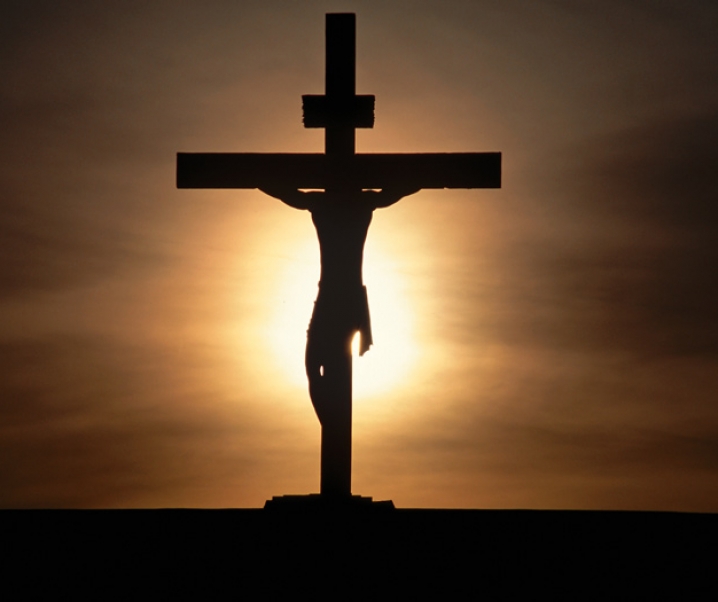

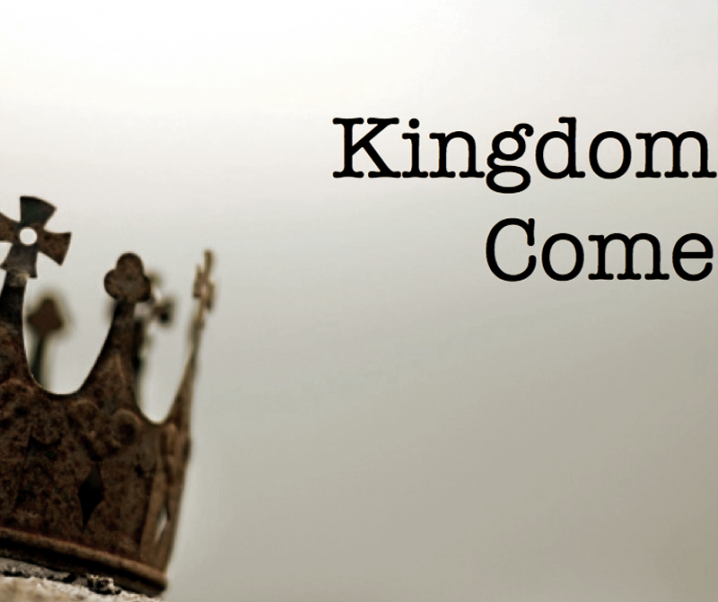
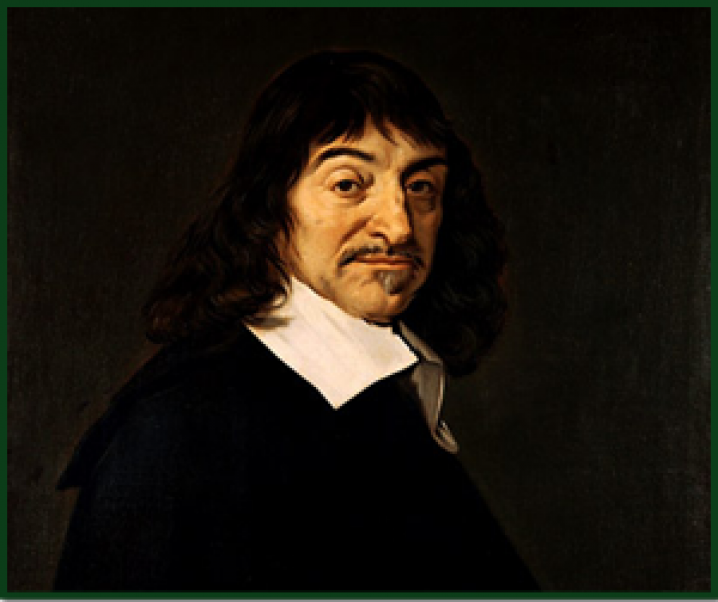


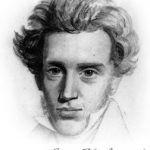
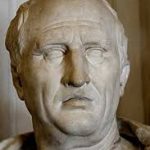







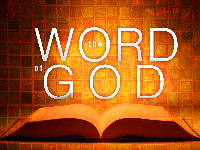

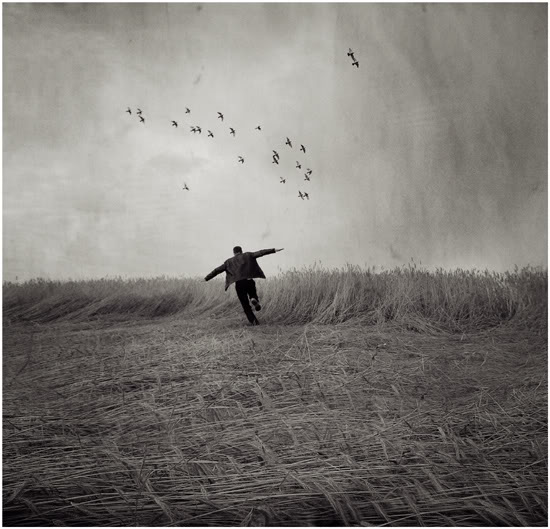


Jan Laan
February 2, 2022Jesus commanded (suggested?) us, as the Greatest Commandment, to love God AND our neighbor. This is interestingly and profoundly ironic, in terms of human logic: He is giving us, seemingly, 2 commandments, when He was asked for One. But, for Jesus at least, loving God AND our neighbor are the same commandment. Which entails just not intellectual assent but real acts of love.
Jesus described what Godly love is: He said, if you love me, you will feed my sheep and tend to my lambs. Human love is selfish: If you love me in the manner I dictate, then I will love you. -pro quid pro – but Godly love is what Jesus described and prescribed. And that is what brings fulfilment and joy to life.
graliontorile
November 21, 2023I like this blog so much, saved to bookmarks.
Cathern Kubu
December 3, 2023Great line up. We will be linking to this great article on our site. Keep up the good writing.
cbd vapes canada
December 5, 2023I got good info from your blog